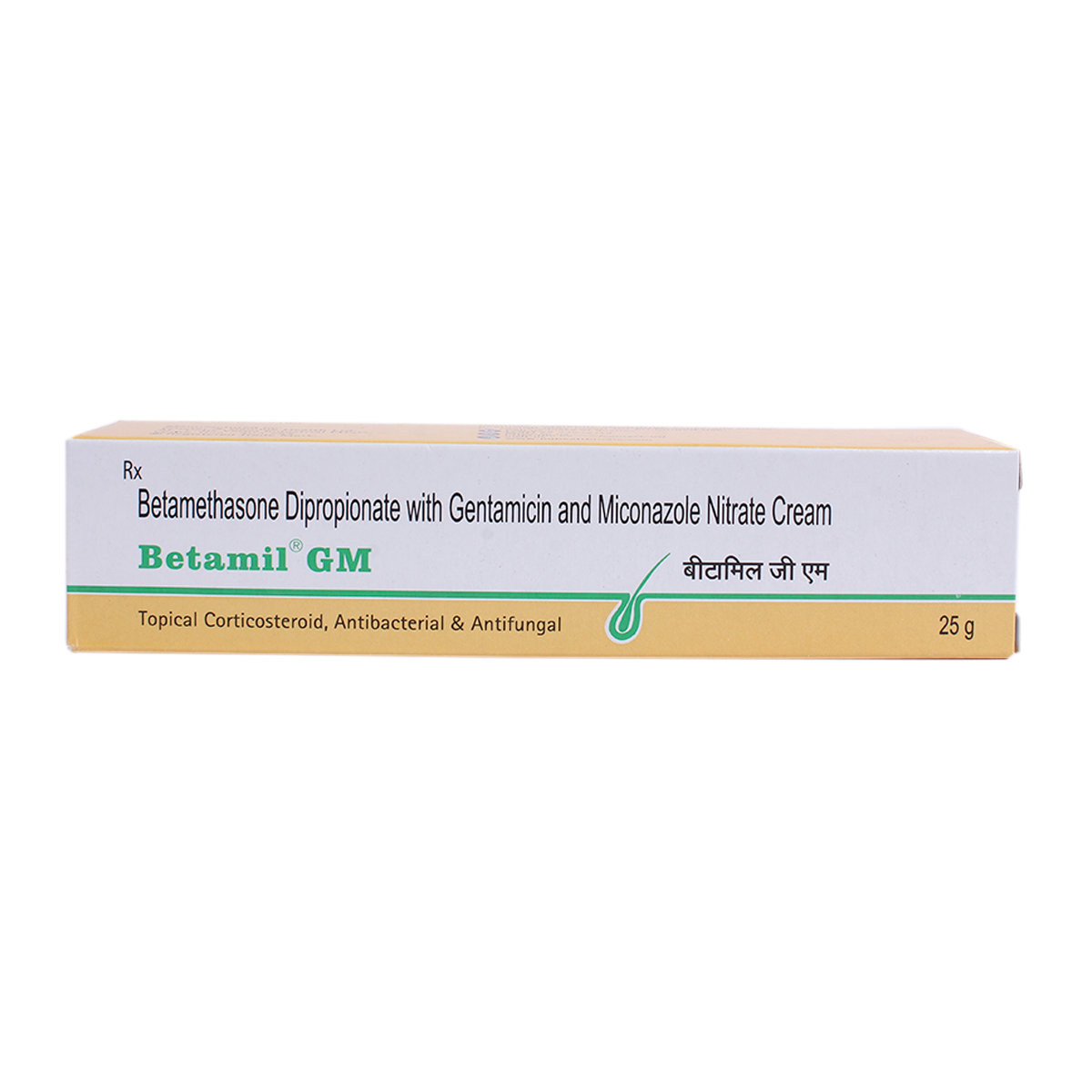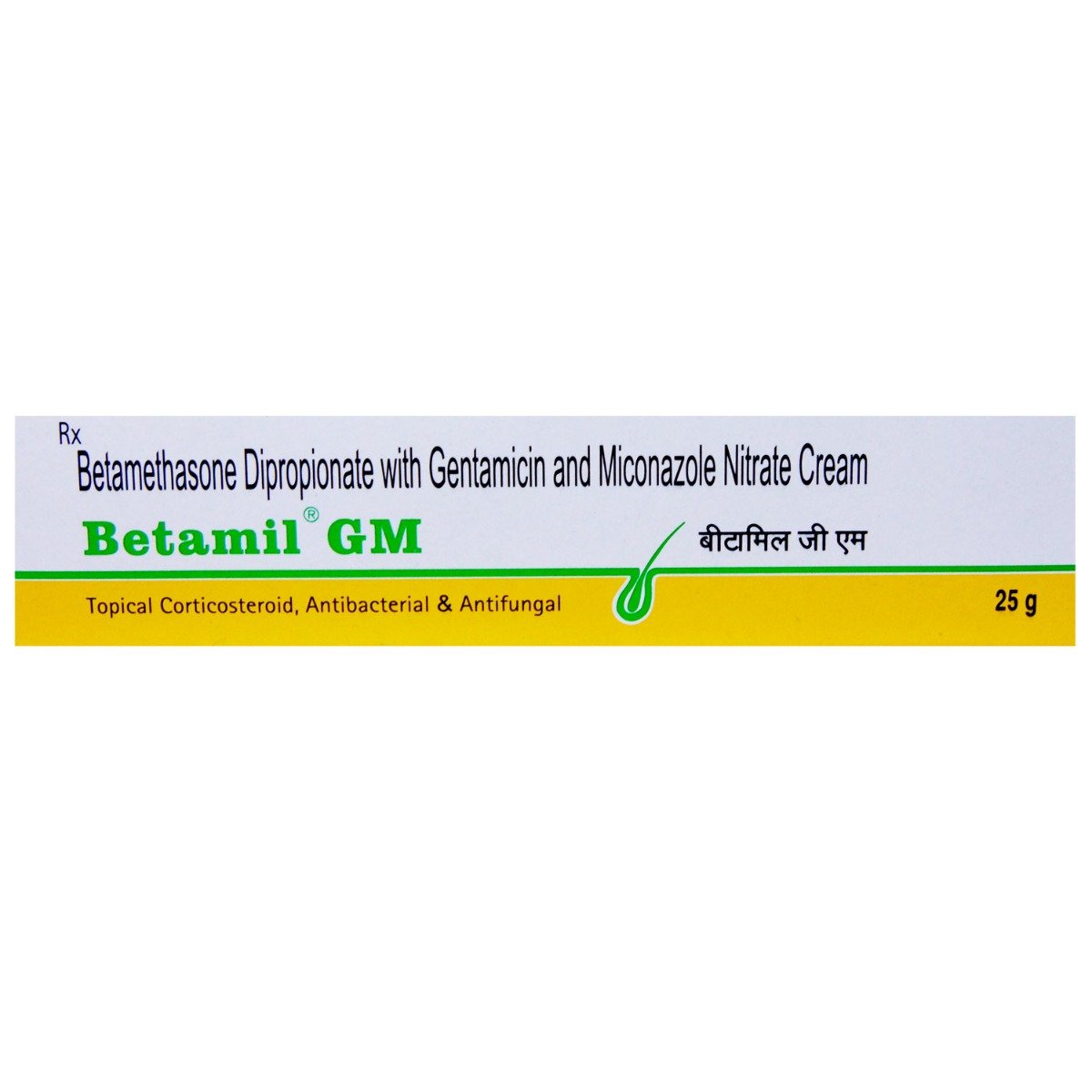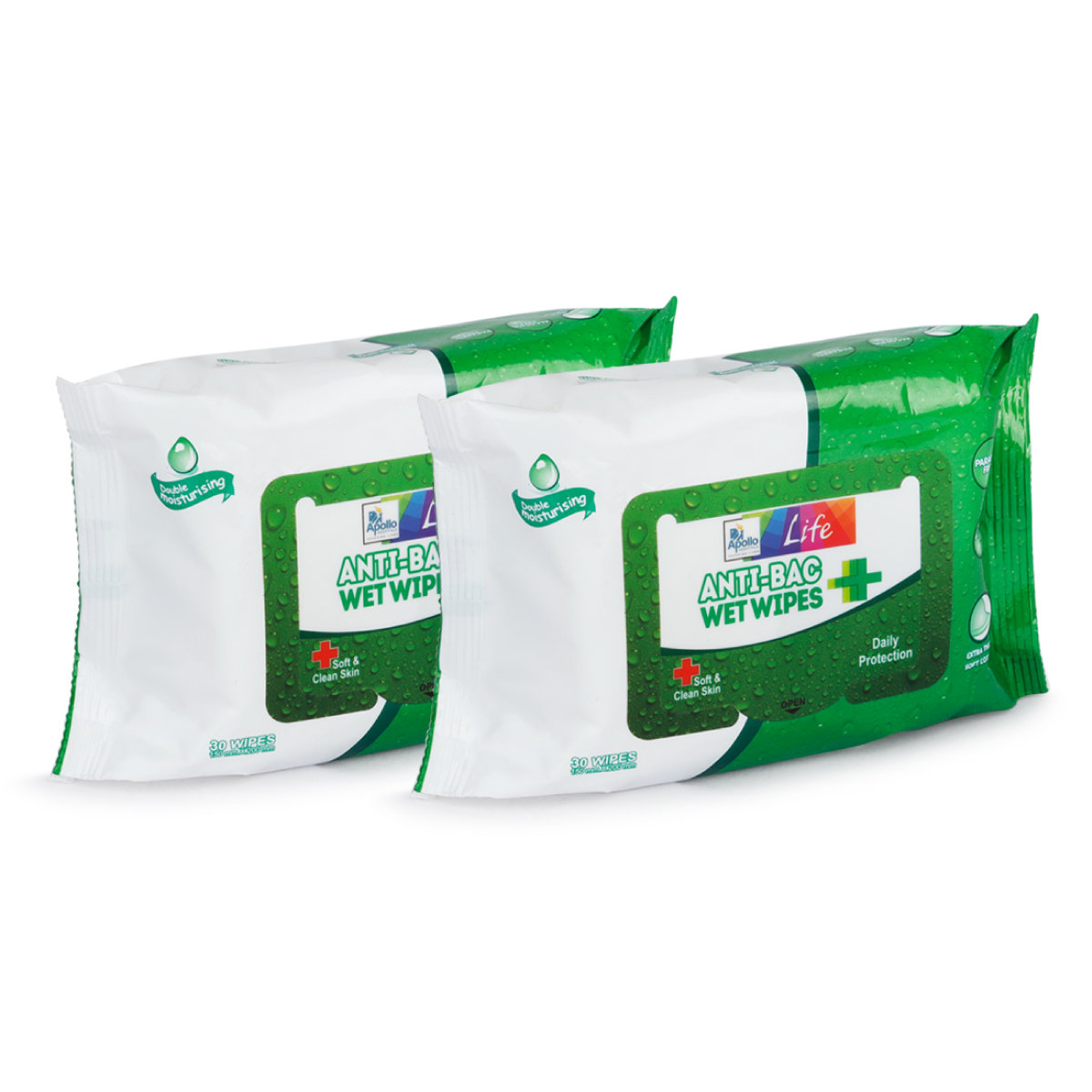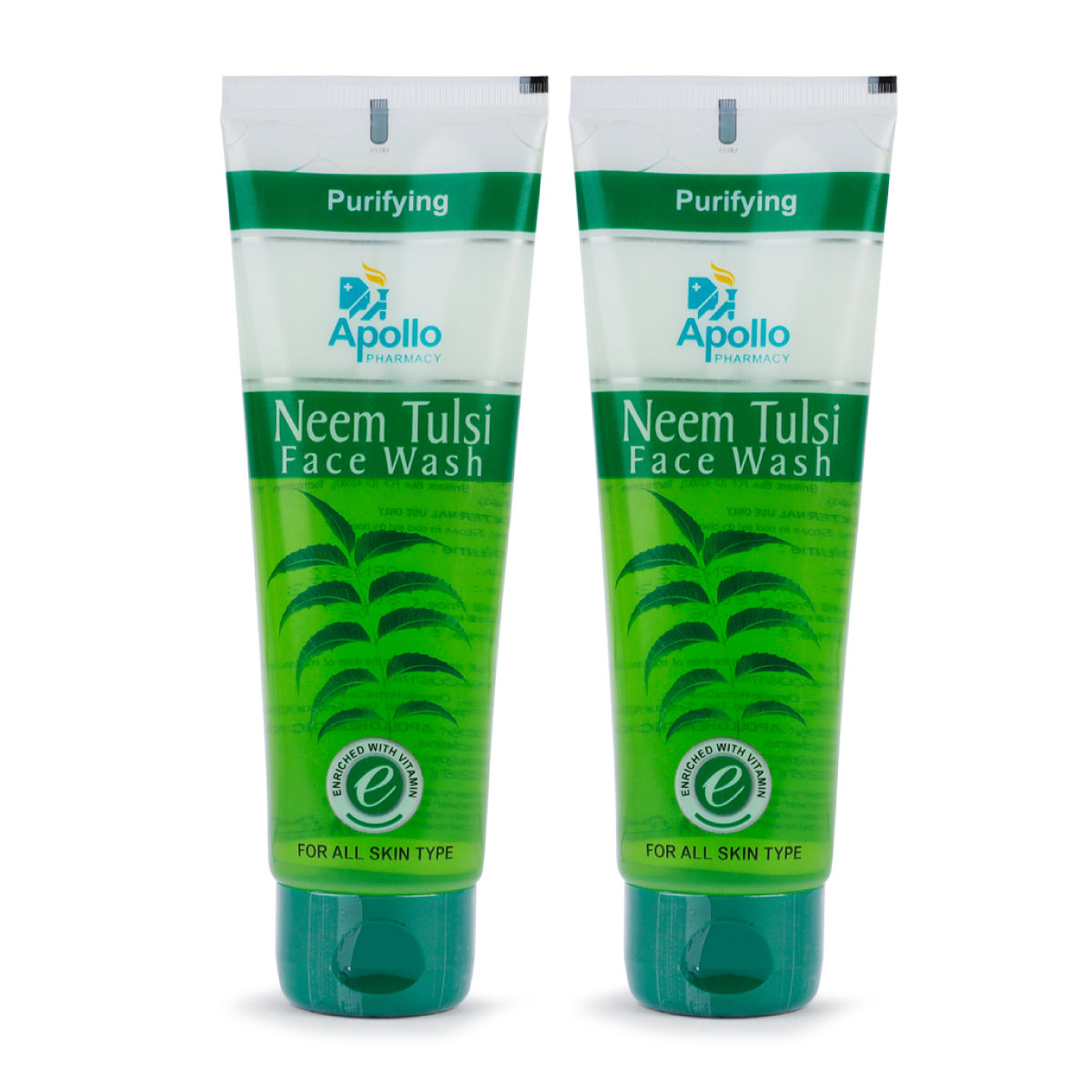Dipnate Gm Cream 15gm
MRP ₹74
(Inclusive of all Taxes)
₹11.1 Cashback (15%)
Provide Delivery Location

secured payment

india's most trusted pharmacy

genuine products
Manufacturer/Marketer :
Consume Type :
Expires on or after :
Return Policy :
About Dipnategm Cream
Dipnategm Cream belongs to a class of dermatological medication ‘Topical Anti-Infectives with Corticosteroids’ used to treat skin conditions like eczema (itchy inflamed skin), psoriasis (red, itchy, scaly patch on skin), and other types of rash. Also, Dipnategm Cream helps to reduce swelling, itching, and redness caused due to specific skin problems. Fungal infection is a skin disease in which a fungus attacks the tissue and causes infection. Fungal infections may be contagious (spread from one person to another). Bacterial infection is a condition in which harmful bacteria grow in the body and cause infection. It can infect any part of the body and multiply very quickly.
Dipnategm Cream is a combination of three drugs, namely Betamethasone (corticosteroid), Gentamicin (antibiotic), and Miconazole (antifungal). Betamethasone belongs to the class of corticosteroids that works by acting inside skin cells and inhibits the release of certain chemical messengers in the body that cause redness, itching, and swelling. When the skin reacts to any allergens, such chemicals are released typically. Gentamicin works by causing bacteria to produce faulty and abnormal proteins. Thereby, kills the bacteria and clears the infection. The fungal cell membranes are essential for their survival as they prevent the entry of unwanted substances into the cells and stop the leakage of cell contents. Miconazole belongs to the class of antifungals that works by causing holes in the fungal cell membranes and kills fungi.
Dipnategm Cream is only for external use. Take a small amount of Dipnategm Cream on the finger and apply it as a thin layer on the clean and dry affected area. Avoid contact of Dipnategm Cream with nose, ears, mouth, or eyes. In case Dipnategm Cream comes in connection with these areas accidentally, rinse with water thoroughly. Some people may experience skin peeling, dry skin, itching, redness, irritation, or burning sensation at the site of application. Most of these side effects of Dipnategm Cream do not require medical attention and gradually resolve over time. However, if the side effects worsen or persist, please consult your doctor.
If you are allergic to Dipnategm Cream, iodine, or any other medicines, please tell your doctor. If you are pregnant or a breastfeeding mother, it is advised to consult a doctor before using Dipnategm Cream. Do not use Dipnategm Cream in more than prescribed doses, or for a prolonged time as it may cause adverse effects. Do not wrap or cover the treated area with airtight dressings unless advised by a doctor. Do not swallow Dipnategm Cream. In case of accidental swallowing, consult a doctor immediately. If you have glaucoma, cataracts, diabetes, adrenal gland or kidney problems, asthma, myasthenia gravis (muscle weakness), Parkinson’s disease, or other skin problems, inform your doctor before taking Dipnategm Cream.
Uses of Dipnategm Cream

Have a query?
Directions for Use
Key Benefits
Dipnategm Cream is a combination of three drugs, namely: Betamethasone, Gentamicin, and Miconazole. Dipnategm Cream is used to treat fungal and bacterial infections of the skin. Also, Dipnategm Cream helps to reduce swelling, itching, and redness caused due to certain skin problems. Betamethasone is a corticosteroid that acts inside skin cells and inhibits the release of certain chemical messengers in the body that cause redness, itching, and swelling. When the skin reacts to any allergens, such chemicals are released normally. Gentamicin is an antibiotic that causes bacteria to produce faulty and abnormal proteins. Thereby, kills the bacteria and clears the infection. The fungal cell membranes are essential for their survival as they prevent the entry of unwanted substances into the cells and stop the leakage of cell contents. Miconazole is an antifungal that works by causing holes in the fungal cell membranes and kills fungi.
Storage
- Report the itching to your doctor immediately; they may need to change your medication or dosage.
- Use a cool, damp cloth on the itchy area to help soothe and calm the skin, reducing itching and inflammation.
- Keep your skin hydrated and healthy with gentle, fragrance-free moisturizers.
- Try not to scratch, as this can worsen the itching and irritate your skin.
- If your doctor prescribes, you can take oral medications or apply topical creams or ointments to help relieve itching.
- Track your itching symptoms and follow your doctor's guidance to adjust your treatment plan if needed. If the itching persists, consult your doctor for further advice.
Drug Warnings
If you are allergic to Dipnategm Cream, iodine, or any other medicines, please tell your doctor. If you are pregnant or a nursing mother, it is advised to consult a doctor before using Dipnategm Cream. Do not use Dipnategm Cream in more than prescribed doses, or for a prolonged time as it may cause adverse effects. Wear disposable plastic gloves or wash your hands after use if you are applying Dipnategm Cream for others. Do not wrap or cover the treated area with airtight dressings unless advised by a doctor. Do not swallow Dipnategm Cream. In case of accidental swallowing, consult a doctor immediately. If you have glaucoma, cataracts, diabetes, adrenal gland or kidney problems, asthma, myasthenia gravis (muscle weakness), Parkinson’s disease, or other skin problems, inform your doctor before taking Dipnategm Cream.
Drug-Drug Interactions
Drug-Drug Interactions
Login/Sign Up
Drug-Food Interactions
Drug-Food Interactions
Login/Sign Up
Diet & Lifestyle Advise
- Regularly change your socks and wash your feet. Avoid shoes that make your feet sweaty and hot.
- In wet places such as changing rooms and gym showers, don’t walk barefoot. Wear flip-flops or sandals to prevent fungal infections.
- Do not scratch the affected area of the skin as it can spread the infection to other body parts.
- Avoid sharing towels, combs, bedsheets, shoes, or socks with others to prevent the spread of infection.
- Wash your bed sheets and towels regularly.
- Eat foods rich in quercetin (a flavonoid) such as apples, cherries, broccoli, spinach, and blueberries.
- Consuming food rich in probiotics helps in developing the immune system against allergies.
- Limit intake of food that might trigger allergies such as dairy products, soy, eggs, and nuts.
- Avoid consumption of foods with excess sugar as it may flare up inflammation.
- Include fruits, vegetables, whole grains, healthy fats, and fish in your diet.
- Avoid getting in contact with harsh soaps, detergents, and rough fabrics.
Habit Forming
Therapeutic Class
All Substitutes & Brand Comparisons
RX
Betamil GM Cream 30 gm
Procter & Gamble Health Ltd
₹54
(₹1.62/ 1gm)
63% CHEAPERRX
Betamil GM Cream 25 gm
Merck Ltd
₹54
(₹1.94/ 1gm)
56% CHEAPERRX
Out of StockBetamil GM Cream 20 gm
Merck Ltd
₹47.5
(₹2.14/ 1gm)
51% CHEAPER
Alcohol
Safe if prescribed
Interaction of Dipnategm Cream with alcohol is unknown. Please consult a doctor before consuming alcohol while using Dipnategm Cream.
Pregnancy
Consult your doctor
The safety of Dipnategm Cream in pregnant women is unknown. Therefore, it is given to pregnant women only if the doctor thinks benefits outweigh risks.
Breast Feeding
Consult your doctor
It is unknown whether Dipnategm Cream is excreted in human milk. It is given to breastfeeding mothers only if the doctor thinks benefits are greater than risks.
Driving
Safe if prescribed
Dipnategm Cream usually does not affect your ability to drive or operate machinery.
Liver
Consult your doctor
If you have any concerns regarding the use of Dipnategm Cream in patients with Liver problems, please consult a doctor.
Kidney
Consult your doctor
If you have any concerns regarding the use of Dipnategm Cream in patients with Kidney problems, please consult a doctor.
Children
Safe if prescribed
Dipnategm Cream should be used with caution and in doses only as prescribed by a doctor.
FAQs
No, Dipnategm Cream is not used to treat diaper rash as using Dipnategm Cream under child’s nappy enables Dipnategm Cream to pass through the skin easily and cause adverse effects. However, please consult a doctor before using Dipnategm Cream in children.
Yes, Dipnategm Cream may cause skin irritation at the site of application as a side effect. However, if the irritation worsens or persists, stop using Dipnategm Cream and consult a doctor.
You are recommended to cover the treated area of skin with bandages or dressings only if advised by your doctor else it may increase the risk of side effects.
You are recommended to use Dipnategm Cream for as long as your doctor has prescribed it. However, if the condition persists or worsens after 1 week of treatment with Dipnategm Cream, please consult a doctor.
Yes, fungal infection is a contagious skin condition which spreads from one person to another through direct skin to skin contact or by contact with contaminated soil or surfaces and infected animals. Therefore, it is recommended to avoid close direct contact until the infection is clear and avoid sharing things with the infected person as it can also spread the infection.
No, you are not recommended to stop using Dipnategm Cream without consulting your doctor as it may worsen the condition or cause recurring infection. Therefore, take Dipnategm Cream for as long as your doctor has prescribed it, and if you experience any difficulty while taking Dipnategm Cream, please consult your doctor.
Country of origin
Manufacturer/Marketer address
Disclaimer
Author Details
We provide you with authentic, trustworthy and relevant information











